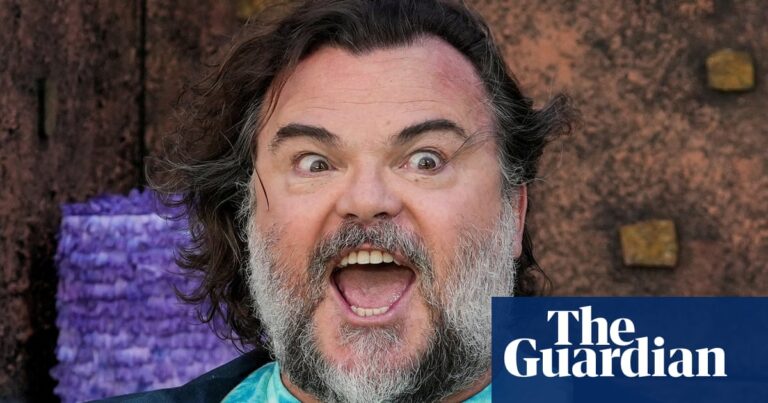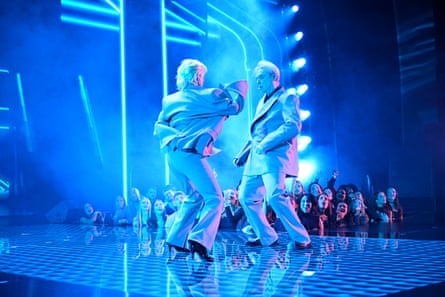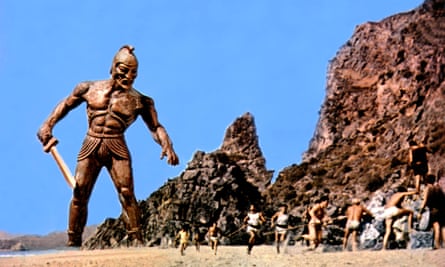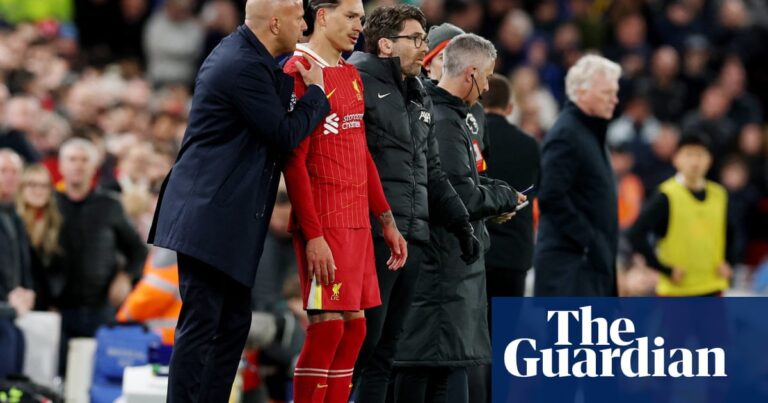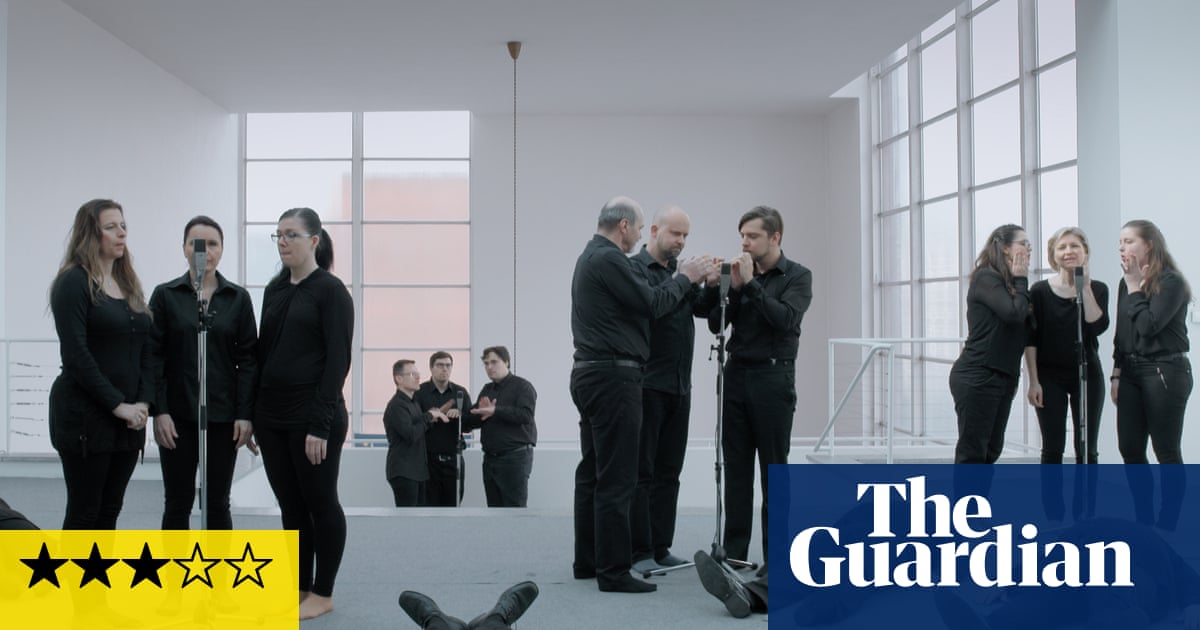
Retelling the complicated life of prolific Czech composer Jan Kapr, Lucie Králová’s category-defying documentary harmonises the artist’s never-before-seen archive with a new libretto from Jiří Adámek. Sung in the operatic sprechgesang style, the latter composition recounts Kapr’s triumphs and struggles in the public as well as the private spheres. Full of early ideals, he joined the communist party in 1945 and his popular propaganda songs were crucial to the party’s ideological machine, cemented by his winning of the coveted Stalin prize in 1951. After the Soviet Union’s invasion of Czechoslovakia, however, a disillusioned Kapr began to distance himself from his comrades, to the point where he even attempted to return the prize.
These turbulences are recounted with rigour and playfulness. As Kapr also means “carp” in the Czech language, water imagery recurs in both the lyrics as well as the visuals. Dressed in all black against white-painted rehearsal spaces, the choir are filmed with a geometric minimalism that nicely contrasts with Kapr’s colourful home recordings. More than just an illustrative accompaniment to Adámek’s composition, these images from the past are imbued with a vitality that’s achieved through strikingly impressionistic editing.
By stepping away from the genre conventions of biography, Králová’s inventive film imagines an alternative way to translate the artist’s legacy to screen. The interplay between opera and archive materials is particularly fascinating, though such formal inventiveness also creates a distancing effect, one that occasionally obscures instead of illuminating the virtuosity of the central subject. Though effective as a structuring device, Adámek’s libretto ends up overshadowing Kapr’s own music, which is featured much less prominently in the film. Had his compositions been included at greater length, his creative transition from producing propaganda songs to writing more experimental, avant garde pieces might have been better explored.
Source: theguardian.com









